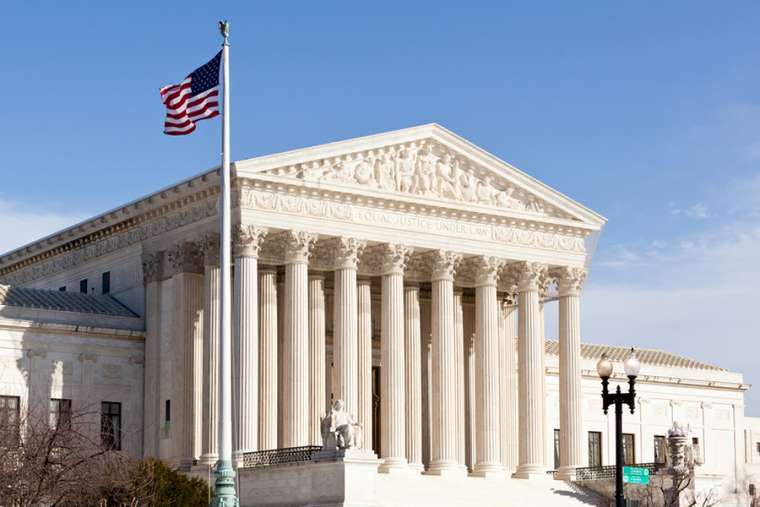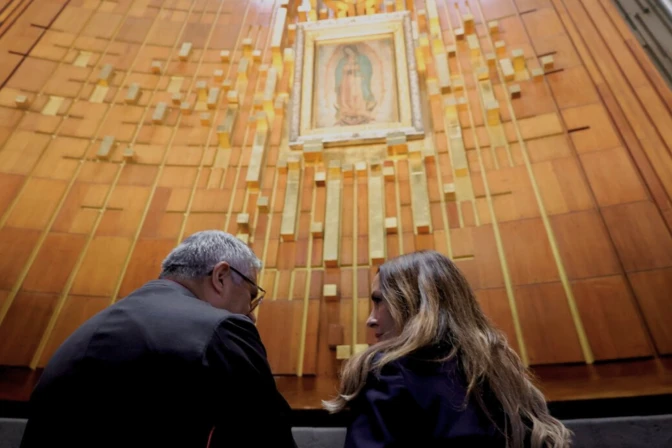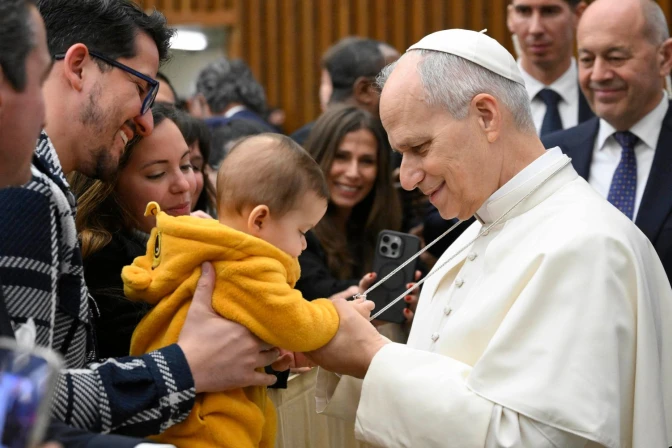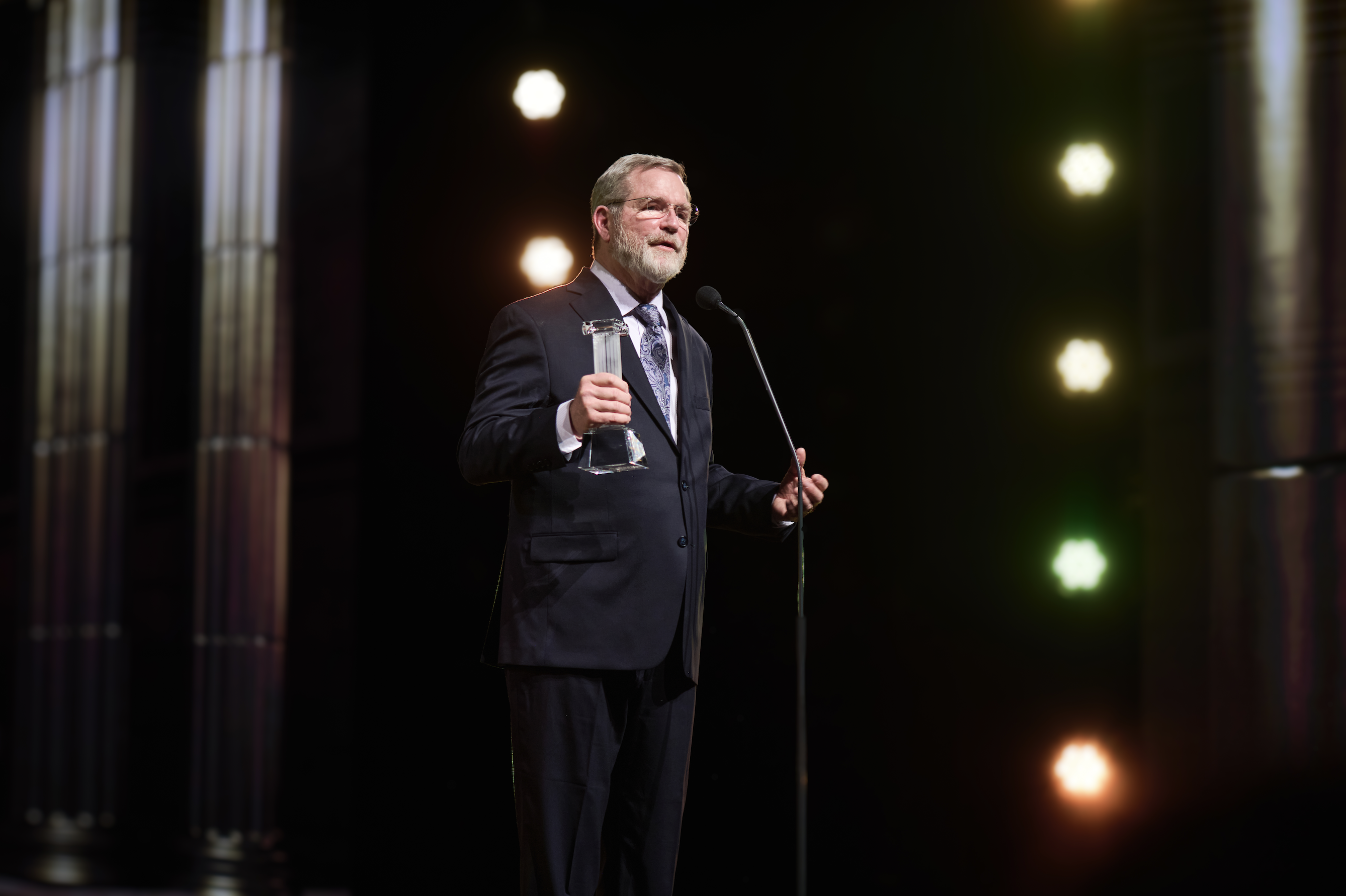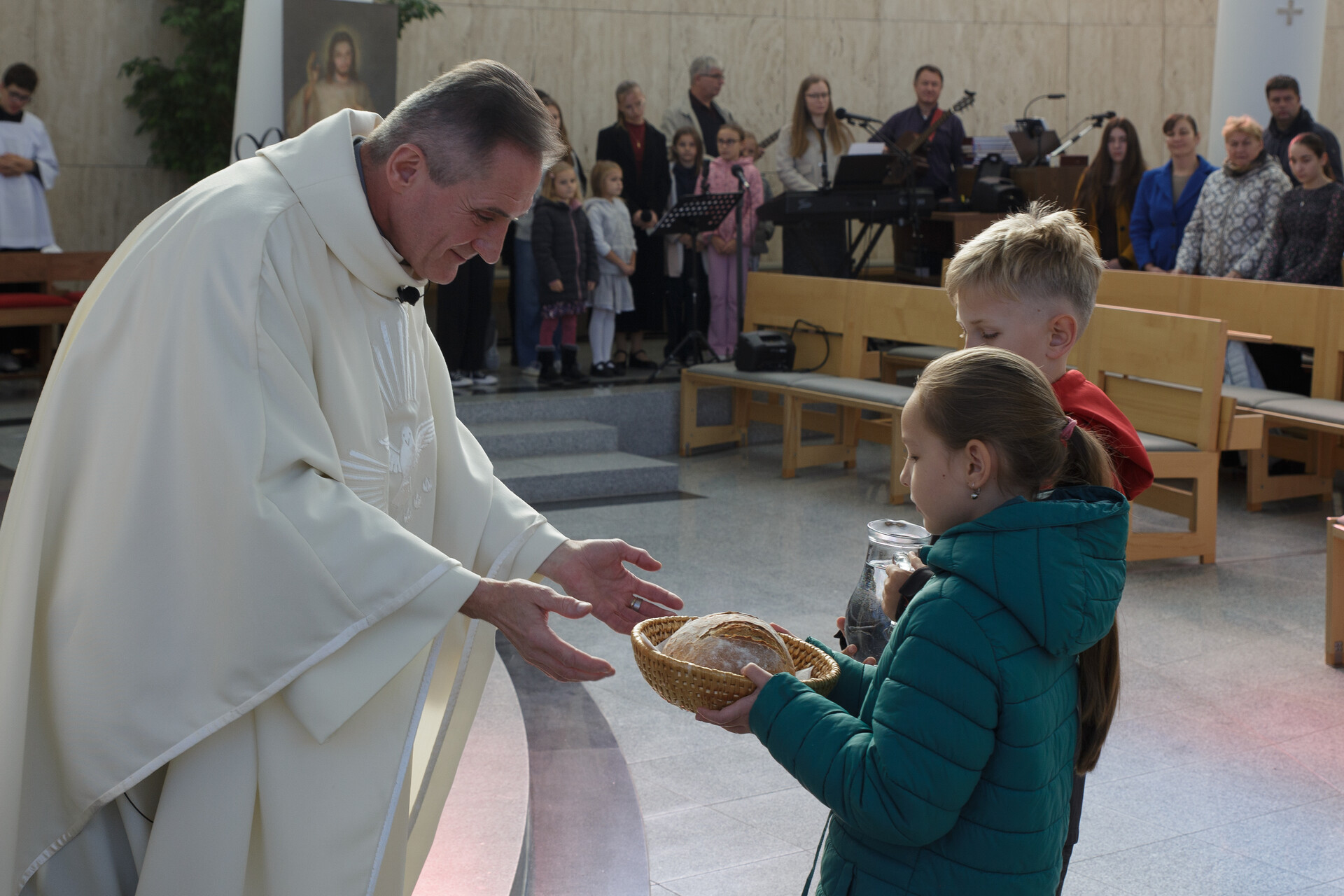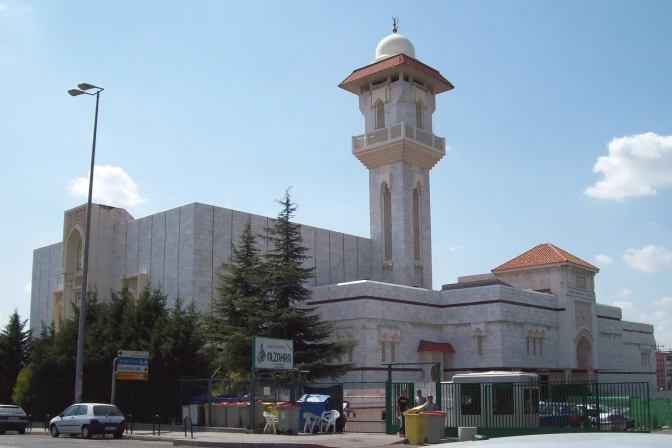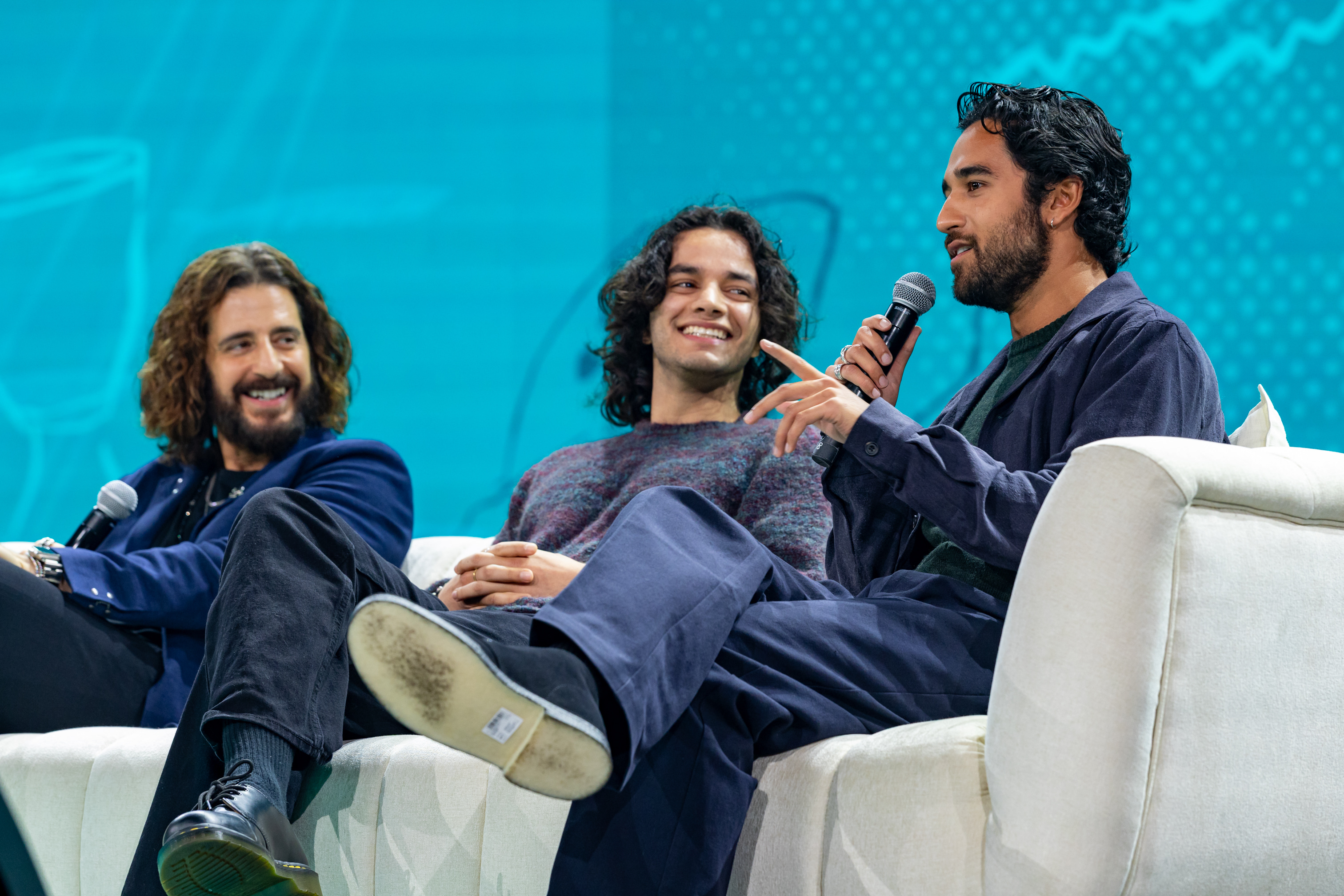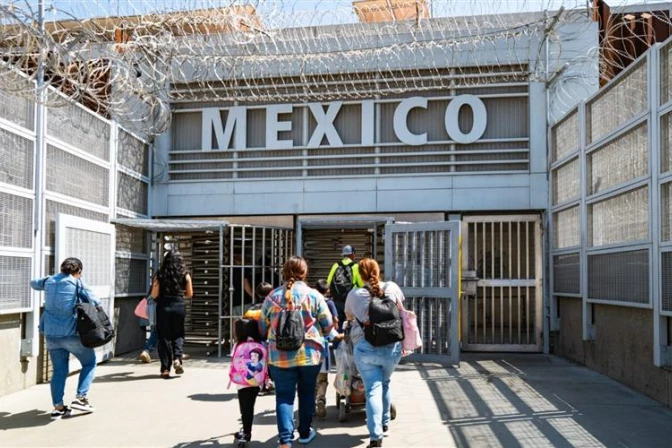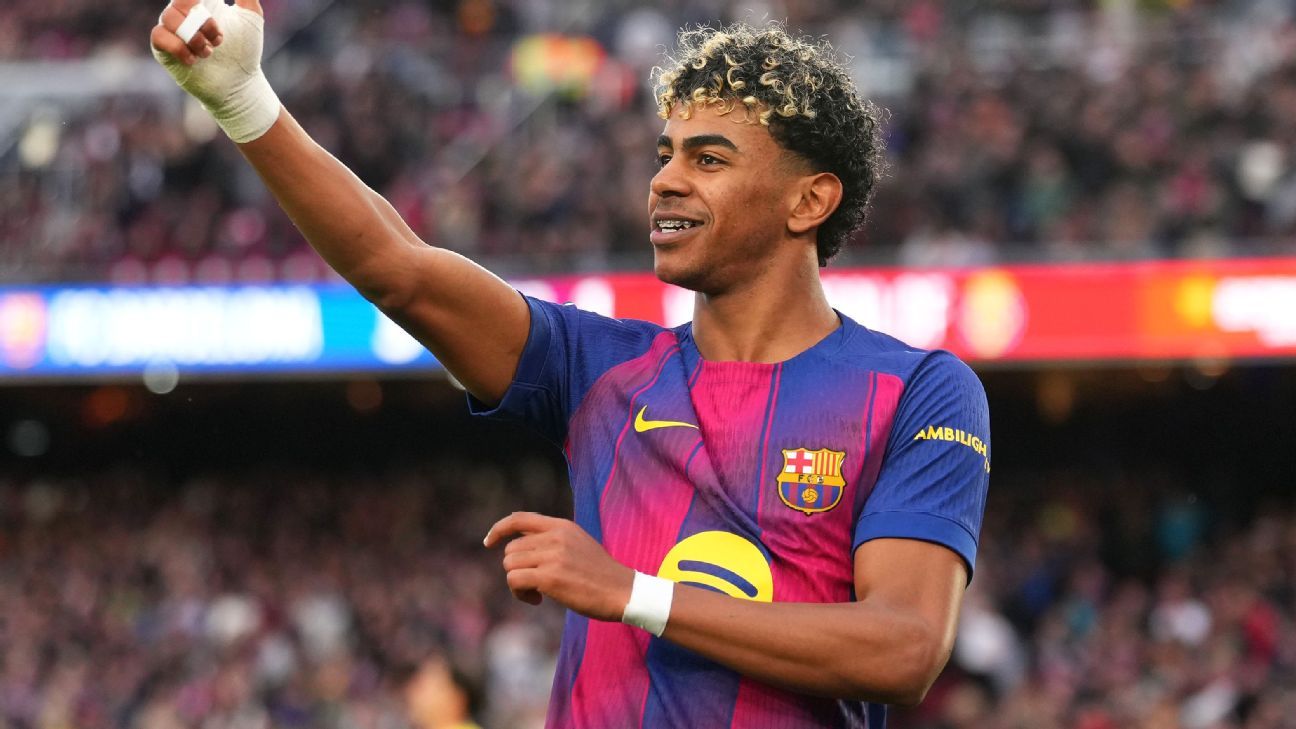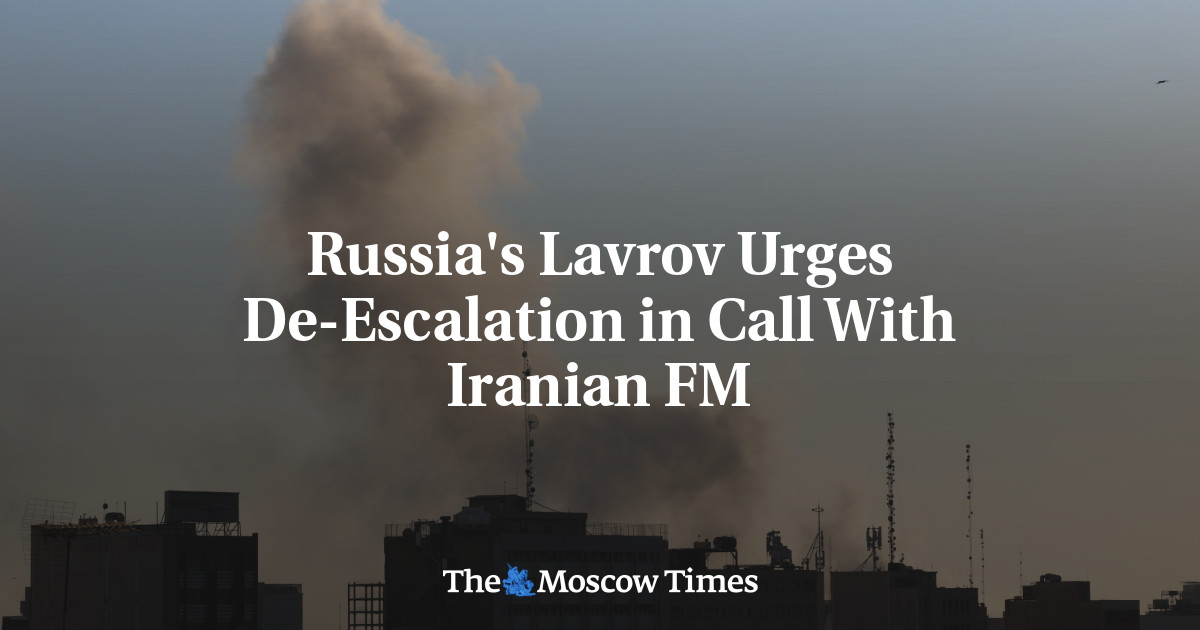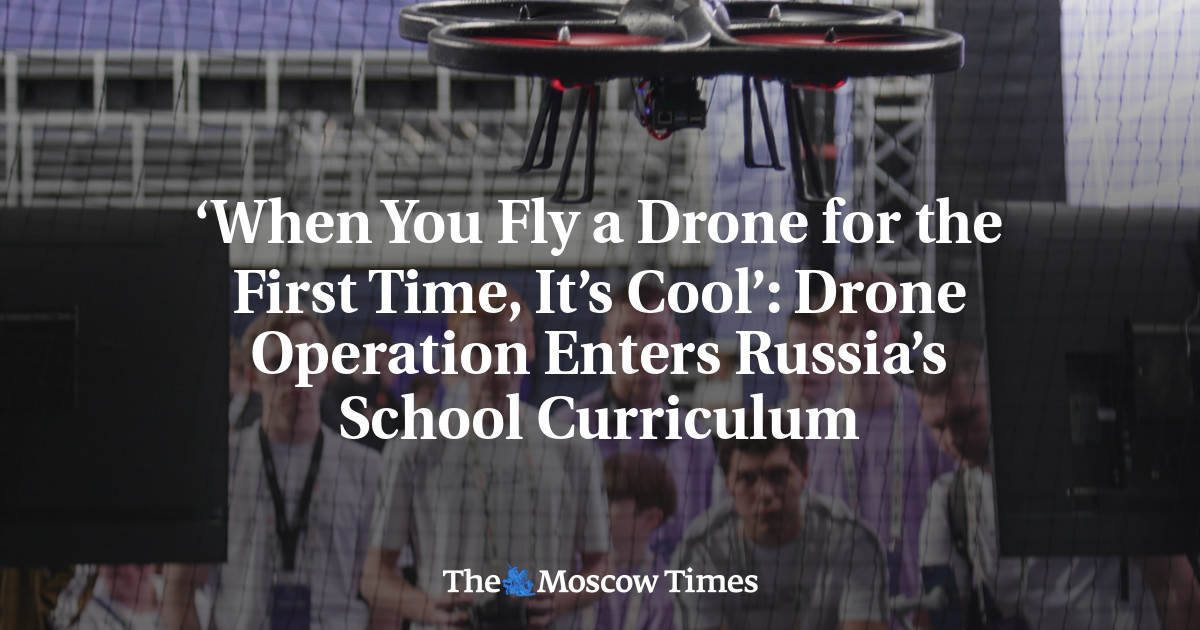Washington, D.C. Newsroom, Oct 14, 2025 / 15:35 pm
Younger U.S. priests are far more conservative than older priests, reaffirming a generational divide in political views, according to a 2025 survey.
The strong generational divide in political views among Catholic priests in the United States was reaffirmed in a 2025 survey that shows younger priests are far more conservative than older priests.
The National Study of Catholic Priests, published on Oct. 14, was commissioned by The Catholic Project at The Catholic University of America and conducted by Gallup. Researchers surveyed the same priests who were surveyed in The Catholic Project’s 2022 survey to examine the U.S. priesthood.
According to the report, the 2025 survey “closely mirrors” the findings in 2022 and shows “a clear generational shift away from liberal self-identification.”
About 51% of priests ordained in 2010 or later said their political views are either conservative or very conservative. Another 37% said they were moderate and the remaining 12% were either liberal or very liberal.
For priests ordained between 2000 and 2009, 44% were conservative or very conservative and 44% were moderate. Again, only 12% of priests ordained in these years said they were liberal or very liberal.
Priests ordained between 1990 and 1999 leaned conservative, but to a lesser degree, with 38% saying they are somewhat conservative, 34% identifying as moderate, and 26% saying they are liberal or very liberal.
For priests ordained in the prior decade, 1980 to 1989, conservatism declines to about 22%, and 36% call themselves moderate. About 40%, a plurality, identify as liberal or very liberal.
Older priests are far more liberal. A majority of priests ordained between 1975 and 1979, about 53%, say they are either liberal or very liberal. About 34% are moderate and 11% conservative. About 61% of priests ordained before 1975 said they are liberal or very liberal, 25% are moderate, and 13% are conservative.
The theological leanings of priests followed a similar pattern, with an even sharper decline in theological progressivism, according to the researchers. About 70% of priests ordained before 1975 called themselves theological progressives, and only 8% of priests ordained 2010 or later said the same.
About 70% of the youngest priests self-report as conservative/orthodox or very conservative/orthodox on theological matters.
Generational divide on pastoral priorities
The political and theological shifts flow into generational divides about what issues the Church should be prioritizing as well, such as climate change, LGBTQ outreach, and synodality.
Regarding climate change, 78% of priests ordained before 1980 said this should be a priority, as did 61% of priests ordained between 1980 and 1999. Just 35% of priests ordained in 2000 or later agreed.
The trend is similar for outreach to the LGBTQ community with 66% of priests ordained before 1980 calling this a priority, but just 49% of priests ordained between 1980 and 1999 and 37% of priests ordained 2000 or later agree.
Synodality is also popular among older priests, with 77% of those ordained before 1980 calling it a priority. About 57% of priests ordained between 1980 and 1999 say the same, but only 37% of priests ordained 2000 or later agree.
(Story continues below)
Subscribe to our daily newsletter
Immigration
Some issues show smaller generational divides. For example, 93% of priests ordained before 1980 see immigration and refugee assistance as a priority, as do 82% ordained between 1980 and 1999 and 74% ordained in 2000 or later. Also, 98% of priests ordained before 1980 believe poverty, homelessness, and food insecurity are priorities, as do 92% ordained between 1980 and 1999 and 79% ordained 2000 or later.
There is a generational divide on whether Eucharistic devotion or access to the Traditional Latin Mass are priorities, with younger priests more focused on those issues.
About 88% of priests ordained in 2000 or later see Eucharistic devotion as a priority, as do 66% of those ordained between 1980 and 1999 and 57% ordained before 1980. About 39% of priests ordained in 2000 or later see Latin Mass access as a priority, but only 20% of priests ordained between 1980 and 1999 and 11% of priests ordained before 1980 agree.
 (1).png)
 4 months ago
55
4 months ago
55

